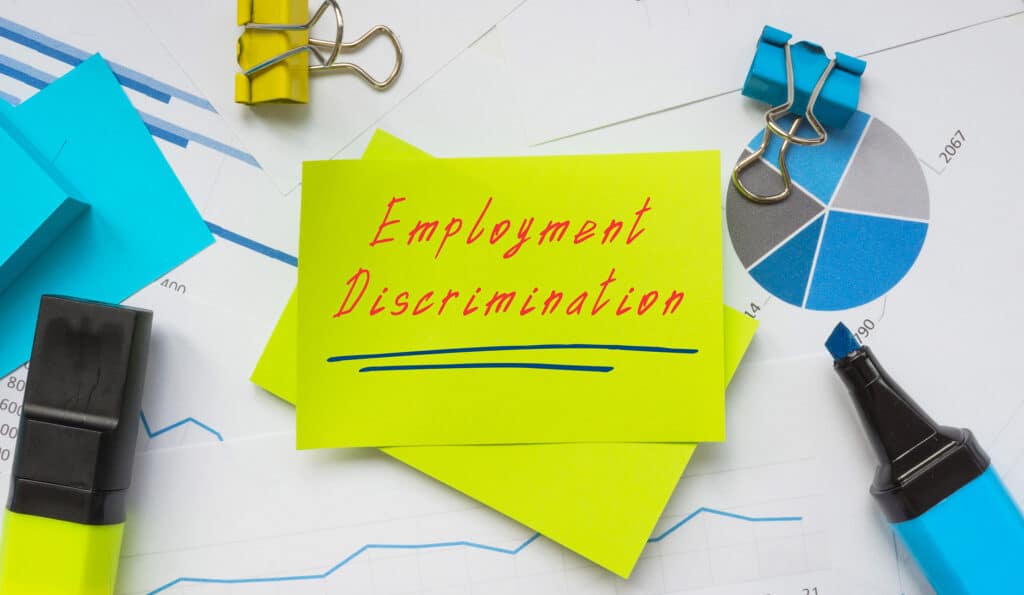
Excerpted from a Skoler Abbott P.C. Blog by Kayla E. Snider
Recently, President Donald Trump nominated Brittany Panuccio, an Assistant U.S. Attorney for the Southern District of Florida, to serve as a commissioner for the Equal Employment Opportunity Commission (EEOC). The EEOC is a bipartisan commission made up of five presidentially appointed members. However, the EEOC has been at a standstill because it currently only has two commissioners since President Trump fired Charlotte Burrows and Jocelyn Samuels in January 2025.
If Panuccio is confirmed, the EEOC will finally have a quorum. So, what does all of this mean for employers?
What Is a Quorum and Why Is It Important?
A quorum is a technical term that means the EEOC has the power to take action. For the EEOC to have a quorum, it must have at least 3 members. With a quorum, the EEOC is able to:
- Approve of or dismiss litigation brought on behalf of the EEOC
- Issue, revise, and/or rescind formal guidance on enforcing federal laws
- Adopt new enforcement strategies and initiatives
Right now, the EEOC has not been able to take any formal action. This has prohibited the EEOC from creating and issuing rules and policies that further the current administration’s political agenda. However, if Panuccio is confirmed, the EEOC will be able to function again and will have a Republican majority. While we do not know how Panuccio would vote, we expect that if she is confirmed the EEOC will shift in a more employer-friendly direction, but there will also be changes in the EEOC’s priorities—resulting in greater scrutiny of diversity, equity, and inclusion (DEI) programs, abortion-related accommodations, and matters related to gender identity.
What Do We Expect from the EEOC if There Is a Republican Majority?
Based on the statements of the EEOC’s Acting Chair, Andrea Lucas, once the EEOC has a quorum, we anticipate the EEOC to focus its attention on:
- Broadening what it considers an adverse action in the workplace when investigating and/or considering employers’ DEI programs
- Stopping investigation and litigation of neutral employee policies that have a disparate impact on certain groups
- Eliminating the recognition of gender identity from sexual harassment guidance and other similar guidance
- Eliminating guidance, policies, and regulations categorizing abortion as a pregnancy-related condition
- Increasing investigations into discrimination based on religion, national origin, race, and sex—especially where individuals feel DEI efforts have been unfair to them
For the full story, please click here.
